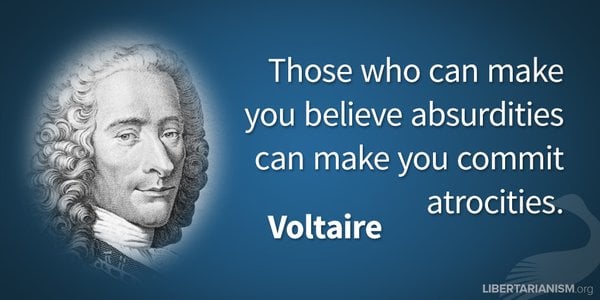I am less concerned about Jeff's wealth than how much his heirs can inherit. There should be limits to family inheritance (say 40% in the super-rich category) with the rest 60% distributed to all the people who ever worked in their estates/companies (weighted by number of years of work).Lot of conflicting opinions on this in this site. Found this recently and it seemed relevant. If you got a few minutes go ahead and scroll through. Then with a strait face tell me why its justified.
Wealth, shown to scale
The logic is this. There can be super-genius entrepreneurs as there can be super-genius scientists, artists, composers etc. But Nobel prizes, grammys or bookers cannot be inherited...but wealth can. If wealth of a person is a signal of a person's value in the economic system (as it actually is) then inheritance has to be capped in order to have the signal correctly displayed and not be skewed by inheritors. Second, distribution of inheritance to people who supported the value-making enterprise creates an incentive in the work force as well who do not own the stakes but contribute through labour and effort.

